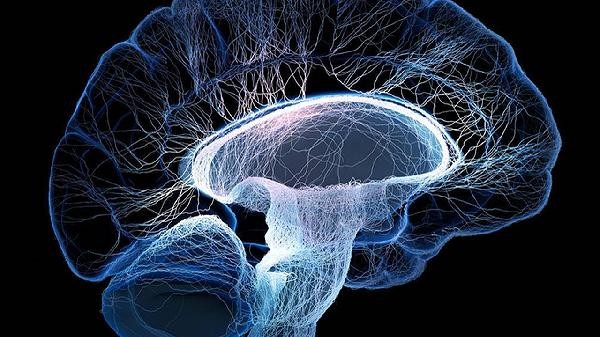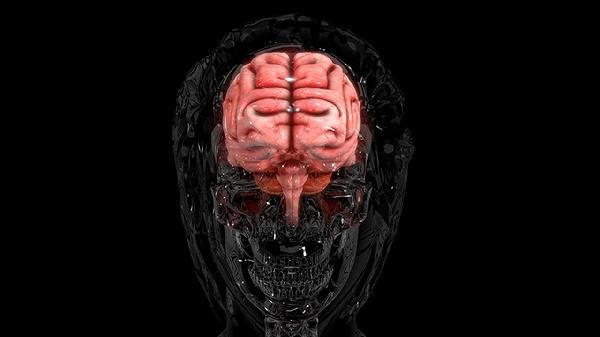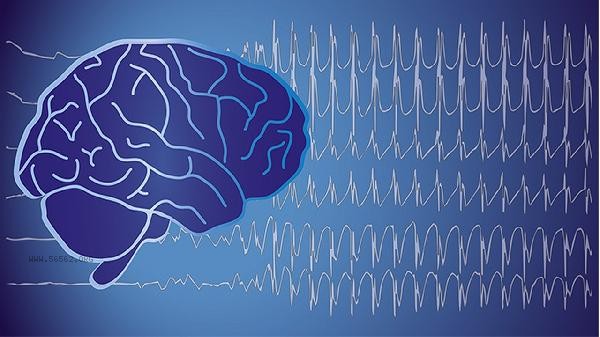The brain is always in a state of distraction, which can be improved through adjusting daily routines, concentration training, dietary regulation, psychological intervention, medication treatment, and other methods. Brain dullness may be related to factors such as insufficient sleep, nutritional deficiencies, excessive stress, attention deficit hyperactivity disorder, depression, etc.

1. Adjusting your schedule
Maintaining a regular schedule can help improve brain dysfunction. It is recommended to sleep and wake up at a fixed time every day to ensure 7-8 hours of high-quality sleep. Avoid using electronic devices before bedtime and create a dark and quiet sleeping environment. A short nap of 20 minutes can be taken during lunchtime, but it should not exceed 30 minutes to avoid affecting nighttime sleep.
2. Concentration Training
Mindfulness meditation can effectively improve the duration of concentration. Perform 10-15 minutes of breathing training every day, focusing on the flow of breath. The tomato work method decomposes tasks into 25 minute focus periods alternating with 5-minute breaks. Progressive muscle relaxation training can also help improve attention span issues.
3. Dietary regulation
Increase the intake of deep-sea fish, nuts, and other foods rich in omega-3 fatty acids. Moderate supplementation of B vitamins and iron may lead to cognitive decline due to a lack of these nutrients. Control refined sugar intake to avoid blood sugar fluctuations affecting the stability of brain energy supply. Maintain sufficient water intake, dehydration can directly affect the brain's reaction speed.

4. Psychological Intervention
Cognitive behavioral therapy can help identify and change negative thinking patterns that lead to attention deficit. Stress management techniques such as deep breathing and progressive muscle relaxation can reduce anxiety levels. Establish a task list and priority division to avoid distractions caused by multitasking. If necessary, seek systematic guidance from professional psychological counselors.
5. Medication therapy
For patients diagnosed with attention deficit hyperactivity disorder, doctors may prescribe medications such as methylphenidate and atomoxetine. Cognitive delay caused by depression can be treated with antidepressants such as sertraline and fluoxetine. All medications must be strictly used according to medical advice, and the dosage cannot be adjusted or discontinued by oneself. Regular follow-up visits are required during medication to evaluate the efficacy and side effects. Improving brain retardation requires comprehensive regulation. It is recommended to start with establishing healthy lifestyle habits, ensuring adequate sleep and balanced nutrition, and engaging in appropriate aerobic exercise to promote blood circulation in the brain. Task decomposition method can be used in work, providing positive feedback for each completed small goal. If the symptoms persist for more than two weeks or affect normal life, it is necessary to seek medical attention promptly at a neurology or psychology department to rule out the possibility of organic diseases. In daily life, one can play more puzzle games such as Go and Sudoku to maintain brain activity.








Comments (0)
Leave a Comment
No comments yet
Be the first to share your thoughts!